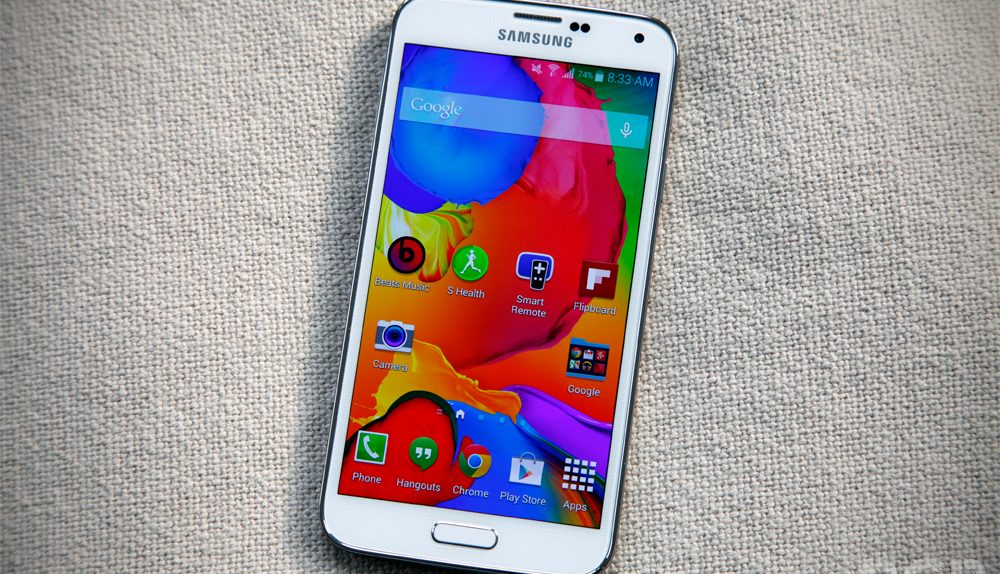Samsung was rumored more than once to be actively developing a plan to break away from Google’s Android mobile operating system and release devices powered by its own Tizen platform, but that has not happened yet. Considering that Samsung and Google have inked an important partnership earlier this year, it’s highly unlikely that Samsung will ditch Android anytime soon. But there’s one more reason the company may be far from actually making it on its own in the mobile business, a new survey suggests: Samsung’s own software apps rarely become instant hits with customers.
Even though Samsung is selling smartphones in the hundreds of millions each year while being the most important Android handset maker and the only consistently profitable one, the company’s software that ships on top of Android isn’t at all appreciated by customers, WSJD reports.
According to a recent study performed by Strategy Analytics of more than 250 Galaxy S4 and Galaxy S3 owners in the U.S., Samsung preloaded apps do not see significant usage.
“The report said that U.S. users of Samsung’s Galaxy S3 and S4 smartphones logged an average of six seconds per month using ChatON, compared to more than 11 hours per month on Facebook and about two hours per month on Instagram,” WSJD writes.
Strategy Analytics said that Samsung still lacks the kind of software ecosystem that would turn users into loyal buyers akin to Apple’s customer base. And the software on Galaxy devices that turns buyers into loyal customers isn’t Samsung’s: The study showed that users on average spent seven minutes per month on a combination of Samsung apps and an average of 149 minutes on three Google apps including the Play Store, YouTube and Google Search.
According to Strategy Analytics, there are more than 21 extra apps on the Galaxy S4 compared to the industry average.
In interviews preceding the Galaxy S5 announcement, a Samsung exec said the company needs to dial down the number of preloaded TouchWiz apps. During the Galaxy S5 announcement, it appeared Samsung has reconsidered its bloatware policy, as the company only demoed a handful of features on stage. However, it was later discovered that the phone still comes with plenty of other hardware features that were not really discussed. Moreover, in addition to its own apps, Samsung went ahead and preloaded a variety of apps and services from third-parties, in an attempt to convince more buyers to get the new phone.
Samsung has often been criticized by customers for the bloatware it preinstalls on its devices, especially high-end ones. Similarly, Google took a hard stance against Samsung’s way of customizing its Android devices, and the increased number of Samsung apps that are found on them. Even regulators in South Korea have listened to consumers, hitting Samsung from a different direction and mandating that such bloatware should be user deletable on any handset sold in South Korea.




